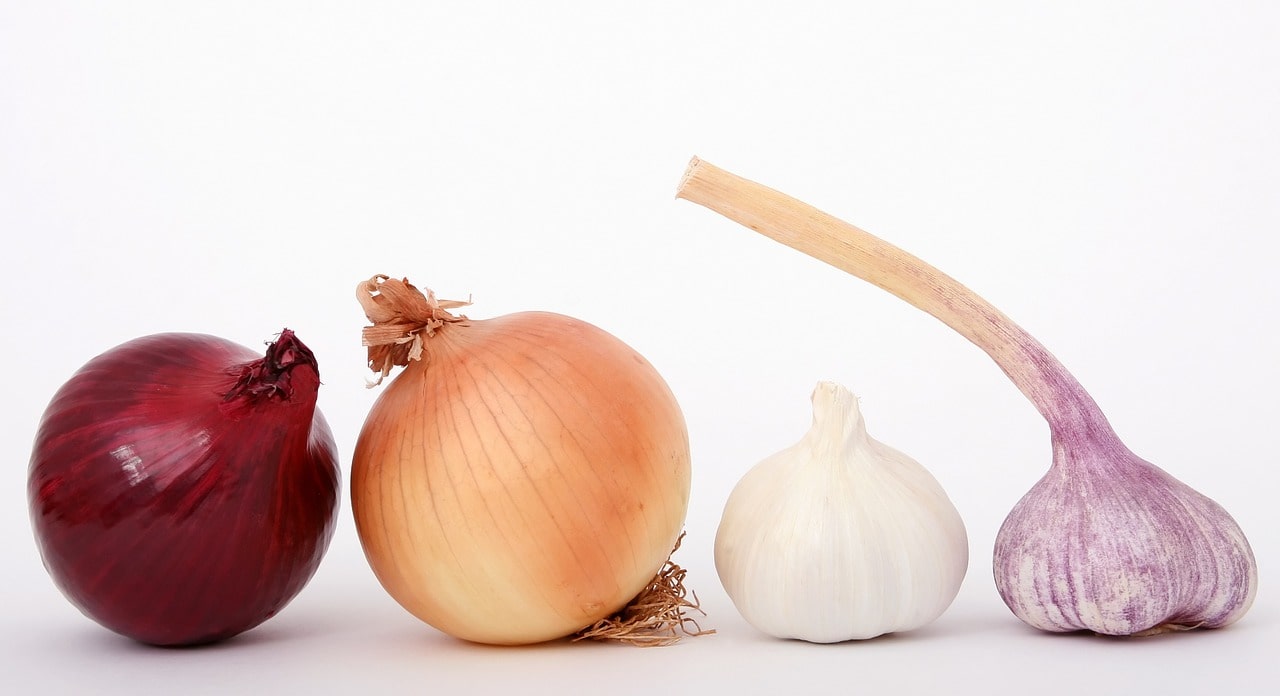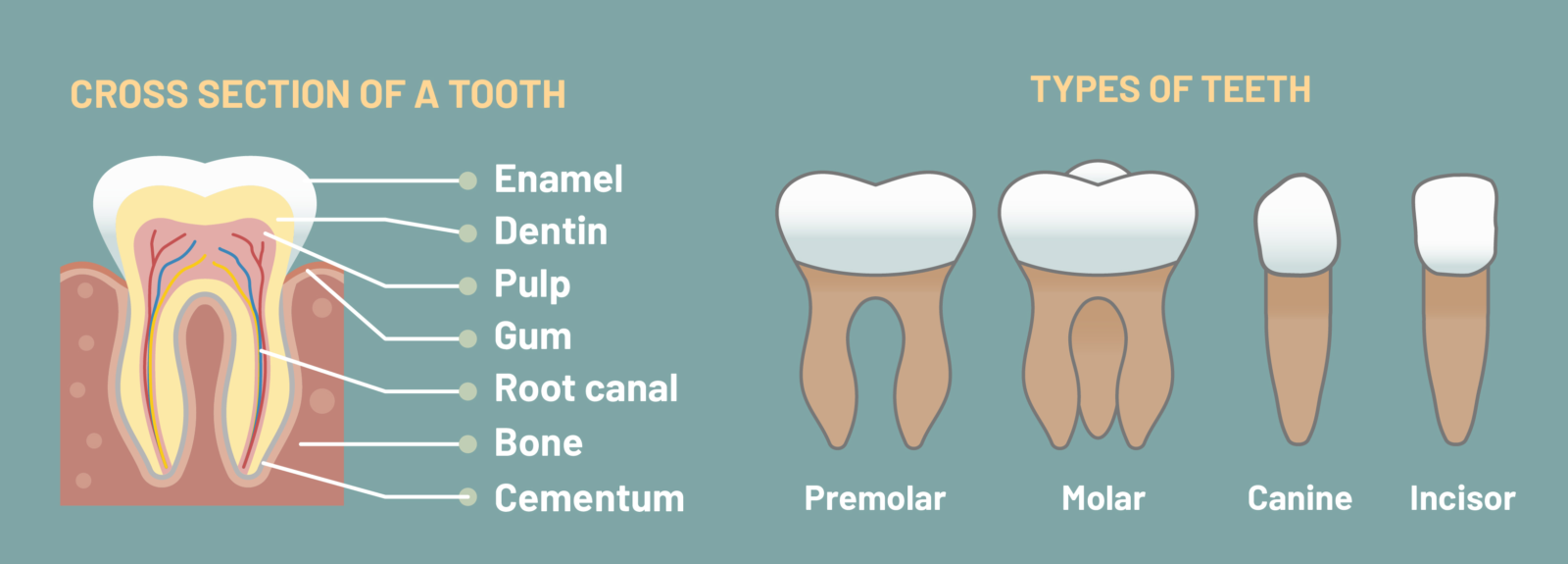It is perfectly normal for infants and very young children to suck their thumb or finger, and it’s not unusual to see a baby sucking fingers while still in the womb. Thumb sucking only becomes a problem if it continues beyond toddlerhood, particularly when a child starts to lose their milk teeth or baby teeth and begins to get their adult teeth. When a child cannot give up thumb or finger sucking naturally, it can cause issues affecting the development of their upper arch and upper and lower teeth, which can affect speech.
Why Do Children Suck Their Thumb or Finger?
Sucking a thumb can be a way to self soothe when a child feels anxious or wants to fall asleep. Also, when a very young child is beginning to explore the environment around them, they often put fingers and other objects in their mouth. Usually, by the time a child is a toddler, they no longer suck their thumb, and they begin to find other coping skills between ages two and four. When a child starts school, pressure usually leads to them quitting sucking their thumb.
Why Is Thumb or Finger Sucking Harmful?
When a child sucks their thumb, it places pressure on the soft tissue of the roof of their mouth and the sides of the upper jaw, pulling the jaw outwards. Consequently, the upper jaw can become narrowed, affecting how the upper and lower teeth bite together, causing dental problems that may include malocclusion or a poor bite and issues with overcrowding. The pressure of sucking a thumb can pull the upper front teeth outwards, so they protrude. Protrusive front teeth are more susceptible to dental injuries, and braces may be required to bring them back into line. Additionally, when teeth are out of alignment, it can cause developmental problems with speech, making it harder to enunciate some words.
If your child finds it difficult to quit sucking their thumb or finger, don’t worry, as we can suggest easy ways to stop thumb sucking that will help wean them off this habit.
How to Stop Thumb Sucking
There are numerous ways to help your child break a thumb sucking habit. Initially, it is best to try positive reinforcement, gently guiding your child’s behaviour so they can quit sucking their thumb or finger with the least stressful approach possible. Positive reinforcement is preferable, as if you scold a child for sucking their thumb, it can cause stress or feelings of shame, feelings that can be relieved by self-soothing such as sucking their thumb, reinforcing the very habit you are trying to prevent. We have outlined a few strategies to try below.
- If you have a baby with a strong need to suck, start introducing alternative methods for them to find comfort and that help to distract them. For example, playing animated games or singing, they are less likely to continue sucking their thumb past age two. Try to avoid using a dummy, as you could end up replacing one habit with another.
- Often, thumb or finger sucking is a coping mechanism for whenever they feel stressed or upset. One potential strategy is to replace the coping mechanism with a favourite stuffed animal or blanket.
- When your child manages not to suck their finger or thumb, reward them with lots of praise. Alternatively, you can create a chart with stickers for every day they manage not to suck their thumb. They can then claim a reward when they achieve a certain number of stickers.
- Try to identify and avoid stressful situations that could increase your child’s need to suck their thumb.
- If your child sucks their thumb when they are bored, encourage them to do something else such as colouring in a picture, finger painting or any other hobby that will keep their hands busy.
- If they are old enough, discuss with your child how thumb sucking can negatively affect their dental health, so they understand why you want them to stop. We can also help by talking with your child using kid-friendly educational resources they find easy to understand. Sometimes it’s easier for children to learn how to quit a habit from someone other than their parents.
- Teach your child new ways to cope with stress, such as simple breathing exercises or practice some kid-friendly yoga positions with them to help them feel better.
What Is Positive Reinforcement Isn’t Enough?
Sometimes, even when a child wants to stop sucking their thumb or finger, they find it incredibly tricky to break the habit and need extra encouragement. There are plenty of devices that can help wean them off this habit in this case.
Thumb Sucking Guard
A thumb guard is an easy-to-use device consisting of a plastic shield that fits over your child’s thumb, preventing them from sucking this digit. The shield is attached to a bracelet to hold it in place and can be purchased in various colours and sizes, making it more fun for a child to use.
Bitter Tasting Nail Varnish
Bitter tasting clear coloured nail varnishes are suitable for children aged three and older. Although they don’t taste very nice, they are completely harmless but need reapplying every two days. These nail varnishes shouldn’t be used for children under three because their taste buds aren’t fully developed, and there is a risk they will get used to the taste.
Thumb Gloves
These work similarly to a thumb guard but are made from soft fabric and attached with Velcro.
Encourage a Competing Habit
With a slightly older child, you can encourage them to develop a competing habit, for example hiding their thumb underneath their pillow at bedtime, or if it’s during the day, hiding their thumb in their fist.
Nipit Hand Stopper
A Nipit is a flexible brace that attaches to the child’s elbows so they can’t bend their arms sufficiently far enough to suck their thumb. It can be useful when a thumb or finger sucking habit is more severe.
Dental Appliances
When a child really finds it very difficult to quit sucking their finger or thumb, we can discuss using a custom-made dental appliance. The appliance physically prevents them from resting their thumb into the roof of their mouth, fitting over their upper palate. It can be worth using this type of appliance if your child is aged four or older and the habit is starting to harm their dental health.










